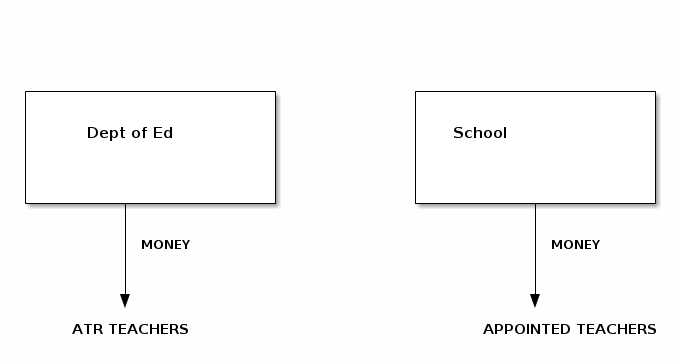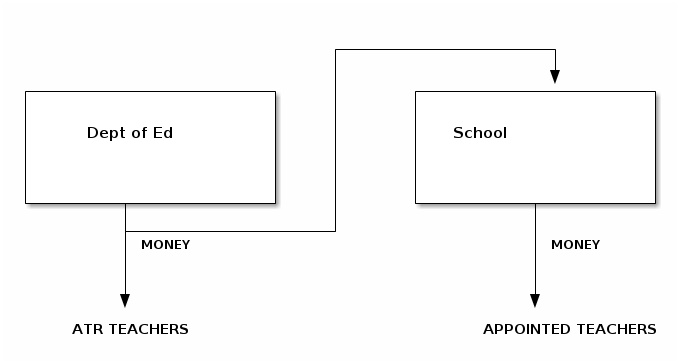Reading and Writing Recs
I've been on both sides of the recommendation game. I currently read all the recommendations for students who apply to my honors CS program at Hunter and some of the ones written for the Macaulay Honors program. I also read some for the CSTUY summer program. On the other side, I've written hundreds if not thousands of recs for seniors when I was teaching at Stuy.
I've been meaning to write about recs and when I saw yesterday's post on AVC.com I thought now would be a good time. While the situation is not quite the same, much of what Fred wrote resonated strongly with me.
I wrote a lot of recs at Stuy. In a year after I taught juniors I'd typically end up writing for anywhere between 40 and 75 kids and each kid would apply to between 5 and 15 schools. Some were accepted early and in many cases you use the same rec without tweaking for all the kid's applications but it's still an enormous load.
I also don't think I'm particularly good at it. Writing doesn't come naturally to. That said, I try to do an honest job.
The first and most important thing I do is make sure each student understands that I'm not trying to get that kid into their percieved dream school. My job writing a rec is to contribute to a picture of who they are as both a student and as a person. The hope is that the college admissions people will be looking for best fit students and that the picture the application creates makes the fit clear 1.
Beyond that, I try to say something personal in each rec. Recount a particular project or event. It's hard. It might be easier for English teachers - English classes allow for much freer discussions and assignments where students can reveal more about themselves. It's harder in subjects like Math and Computer Science. I'd invariably be asked to write recs for a number of kids – good kids that were quiet, did there thing but to be honest, never did much to stand out. I don't necessity mean stand out in terms of grades, I mean in terms of making themselves known - revealing who they were. I also try to keep recs short. Readers have a lot of these to go through. I don't want to add to their load.
Many teachers, including myself try to address this problem. We interview the kids, have them write mini-essays and just plain struggle when it comes time to write.
To make it more challenging, the deadlines are all together so you have to get them all done in a short period of time and at the same time not fall into the rut of having them sound all the same.
On the reader side, similar to what Fred said about references, a lot of it is about what isn't written and about how it's written. The challenge is that my code as a reader might be different from the teacher writing the rec.
The key thing I look for when reading is a connection between the writer and the kid. Often I read a rec and could apply it equally well to every applicant in the stack. I also know that when I write recs I've been guilty of this and it really does nothing to help the student.
I also don't want to read about averages and test scores or anything that's already covered in the application. I already get the numbers and if a kid, let's say, volunteered at a community center, it's already on the application. I don't want a teacher to mention it unless they were involved or can otherwise add something that I wouldn't know just from reading the appkication.
If I come away feeling that there's a connection between the teacher and student that says a lot to me. It means the kid made an impression on the teacher.
For my Hunter Honors program I have an advantage (or possibly curse) over when I read for other programs and this is similar to what Fred wrote about following up on references. I know some of the teachers writing the recs and I usually know teachers in the schools. Since the number of applications I'm dealing with isn't huge, I can reach out to my people and find out what's what. Last year I was able to justify accepting a student based on additional information I was able to get and now half a year later it's clear that the student is a terrific fit.
This would all be simpler if we didn't have to play games with recommendations. When I was a teacher. rather than writing 50 - 70 recommendations, I'd rather have 20ish phone calls. One with each school. I could briefly talk about the kids relative to each other and to former students who went to any given institution and that's that. It would be faster, easier, and fairer.


